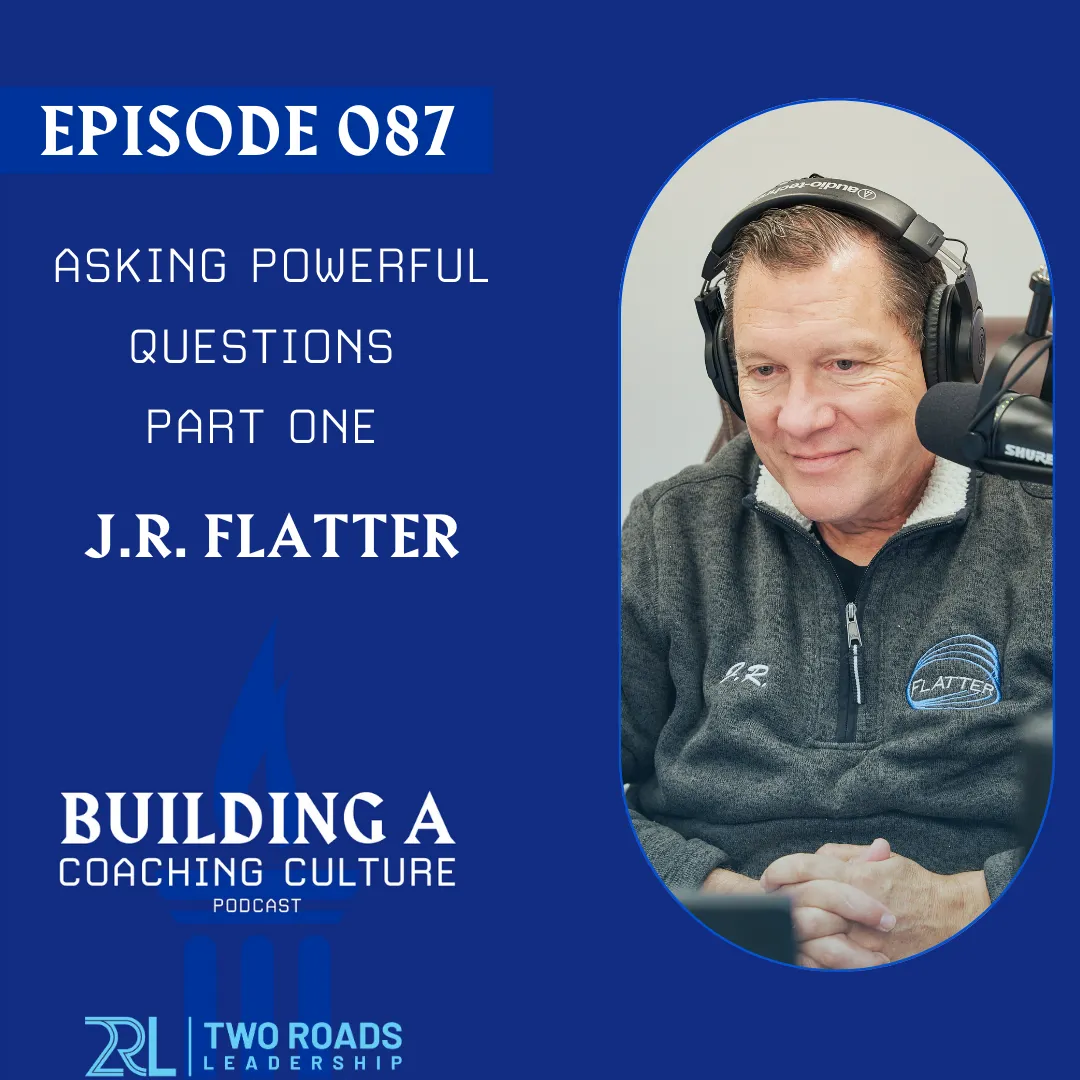Have you ever left a coaching session feeling unfulfilled or unsure of the next steps?
In this episode, hosts JR and Lucas Flatter dive into the art of asking powerful coaching questions. They discuss the importance of managing the arc of a coaching session, starting with a 'blank chalkboard and empty table' to allow the coachee to guide the discussion. J.R. also compares coaching and mentoring, emphasizing that the coach must avoid taking the driver's seat and instead empower the coachee to find their own direction through thoughtful questioning. Tune in to learn when to ask 'why,' how to sit in silence to craft impactful questions, and the courage required of both coach and coachee in discovering powerful insights together!
Key Topics:
- How does the concept of the arc of a session apply to coaching, both informally and formally?
- The significance of asking powerful questions in coaching
- What competencies are important for a coach to embody during a coaching session?
- Why should we avoid making the mistake of introducing new topics at the end of a session?
Building a Coaching Culture is presented by Two Roads Leadership
Produced, edited, and published by Make More Media
Episode Links
J.R. Flatter
Founder of Two Roads Leadership
Lucas Flatter
Resources
2RL 4 day Coach Certification Bootcamp
2RL ICF-Approved Coach Certifications and Trainings
Transcript
Automatic Transcription - please excuse any errors

